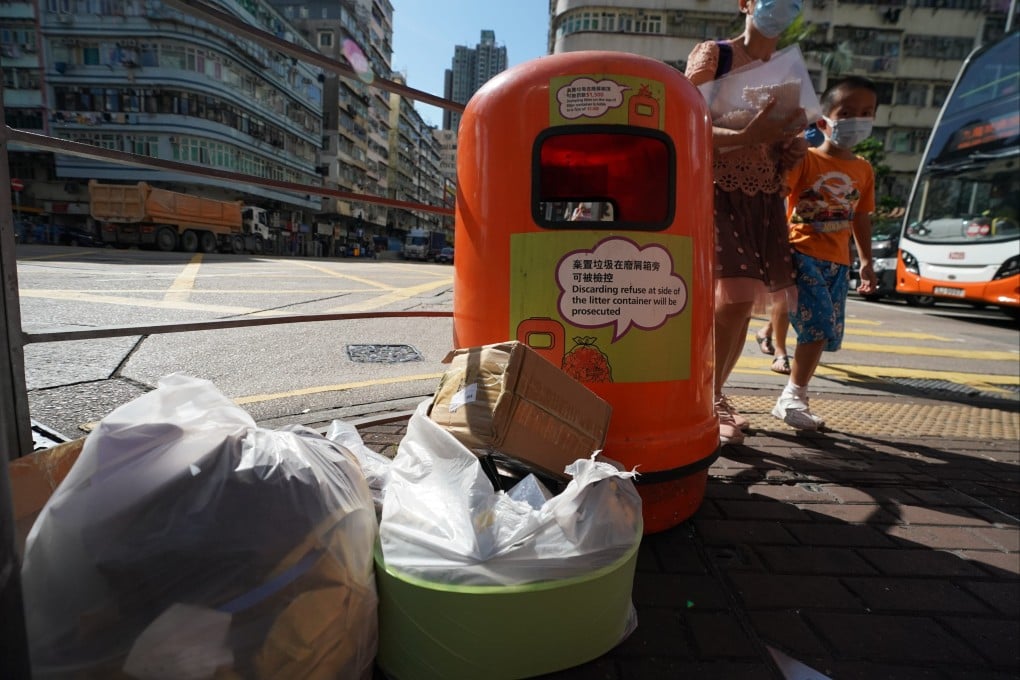Advertisement
Opinion | Waste-charging delay: ‘improved’ Legco cares more about votes than the environment
- Pro-establishment lawmakers have pushed the government into taking another 18 months to implement the scheme
- The government claims to have restored order in Legco, but the system doesn’t seem to be working effectively with regard to environmental goals
Reading Time:3 minutes
Why you can trust SCMP
3

After 16 years of repeated consultations and open- and closed-door deliberations, the waste charging bill has finally been approved by lawmakers mainly representing pro-government political parties. Absurdly, it did not come with an effective start date.
Merely relying on the waste charging legislation won’t work. But it won’t work, either, without the legislation. To achieve significant waste reduction, three more measures are required.
We must, first, expand food waste composting facilities, as well as ensure there’s a convenient collection network (food waste accounts for the largest share of municipal solid waste). Second, extend plastic waste collection services from the current three districts to all 18. And, third, beef up public education.
Advertisement
The legislation will not have the effect of reducing waste yet as neither households nor commercial entities are required to pay for waste disposal for at least 18 months, before the charging system is in place. This has now become the minimum, rather than the maximum, preparation time for the scheme.
There has already been plenty of research into the issue. Back in 2006, the Environmental Protection Department (EPD) launched a three-month trial of municipal waste charging in 20 public and private housing estates.
Advertisement
Advertisement
Select Voice
Choose your listening speed
Get through articles 2x faster
1.25x
250 WPM
Slow
Average
Fast
1.25x

